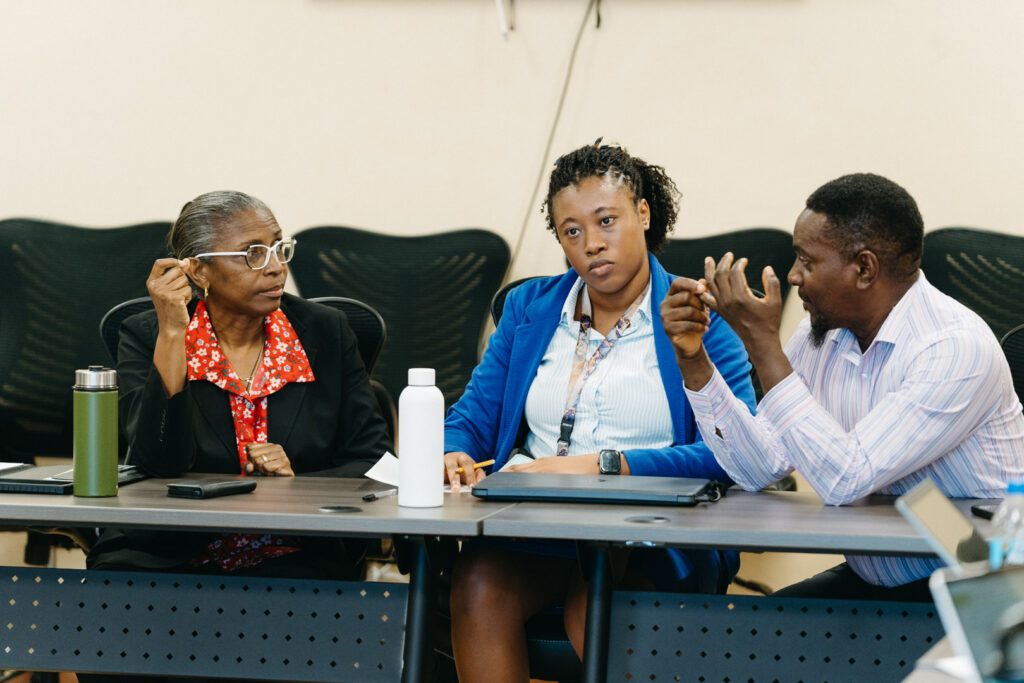Blog

Stakeholder Consultations Shape New Vision for Grenada’s National Climate Change Policy
Leyana Romain | August 27, 2025 - All
St. George’s, Grenada

The Ministry of Climate Resilience has successfully concluded a series of eleven sectoral consultations to guide the update of Grenada’s National Climate Change Policy (2025–2035). These discussions brought together representatives from government ministries, the private sector, and technical agencies, who shared critical insights on how best to integrate climate action across key sectors such as energy, agriculture, transport, health, the blue economy, waste management, and institutional governance.
A central theme that emerged throughout the consultations was the urgent need for greater policy coherence. Stakeholders drew attention to contradictions between Grenada’s commitment to a low-carbon development pathway and the country’s continued interest in fossil fuel exploration. In the transport sector, participants called for a clear and coordinated roadmap to support the transition to electric vehicles (EVs). At the same time, they voiced concerns about environmental risks linked to renewable energy expansion, particularly the growing waste streams from end-of-life solar panels, batteries, and vehicles. To address these challenges, participants emphasized the importance of aligning the National Climate Change Policy with a comprehensive Transport Decarbonization Roadmap, while also advancing a circular economy through integrated waste management systems that prioritize separation, upcycling, and the conversion of organic waste into energy.
Another priority raised was the need to strengthen engagement with those most affected by climate change, including fishers, farmers, persons with disabilities, and coastal communities. Stakeholders stressed that institutional representation alone is not enough, and advocated for direct community participation in decision-making processes. They also strongly recommended reinstating the Social Partnership Interface as a mechanism to ensure continuous cross-sectoral dialogue and Cabinet-level accountability.
Across all sessions, there was broad consensus on the importance of a robust climate accountability framework that establishes clear targets, enforcement mechanisms, and measurable outcomes. Participants further underscored the need to distinguish climate-related loss and damage from traditional disaster management systems, in order to better align national approaches with emerging global climate finance and resilience frameworks.
The outcomes of these consultations will play a central role in shaping the revised National Climate Change Policy, ensuring that it reflects national priorities while promoting inclusivity, coherence, and a forward-looking vision for Grenada’s climate resilience.
